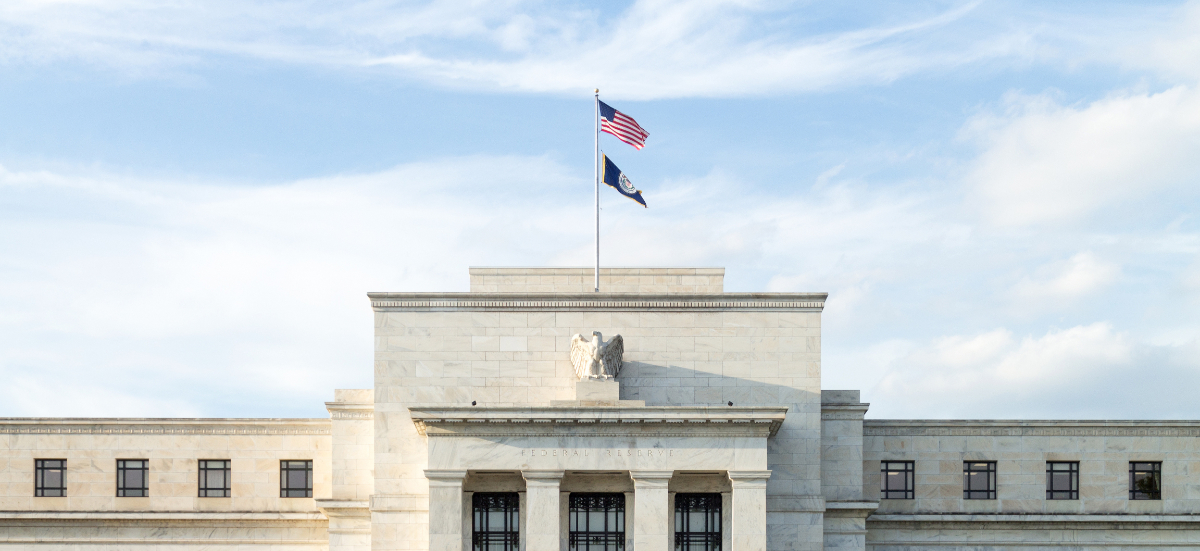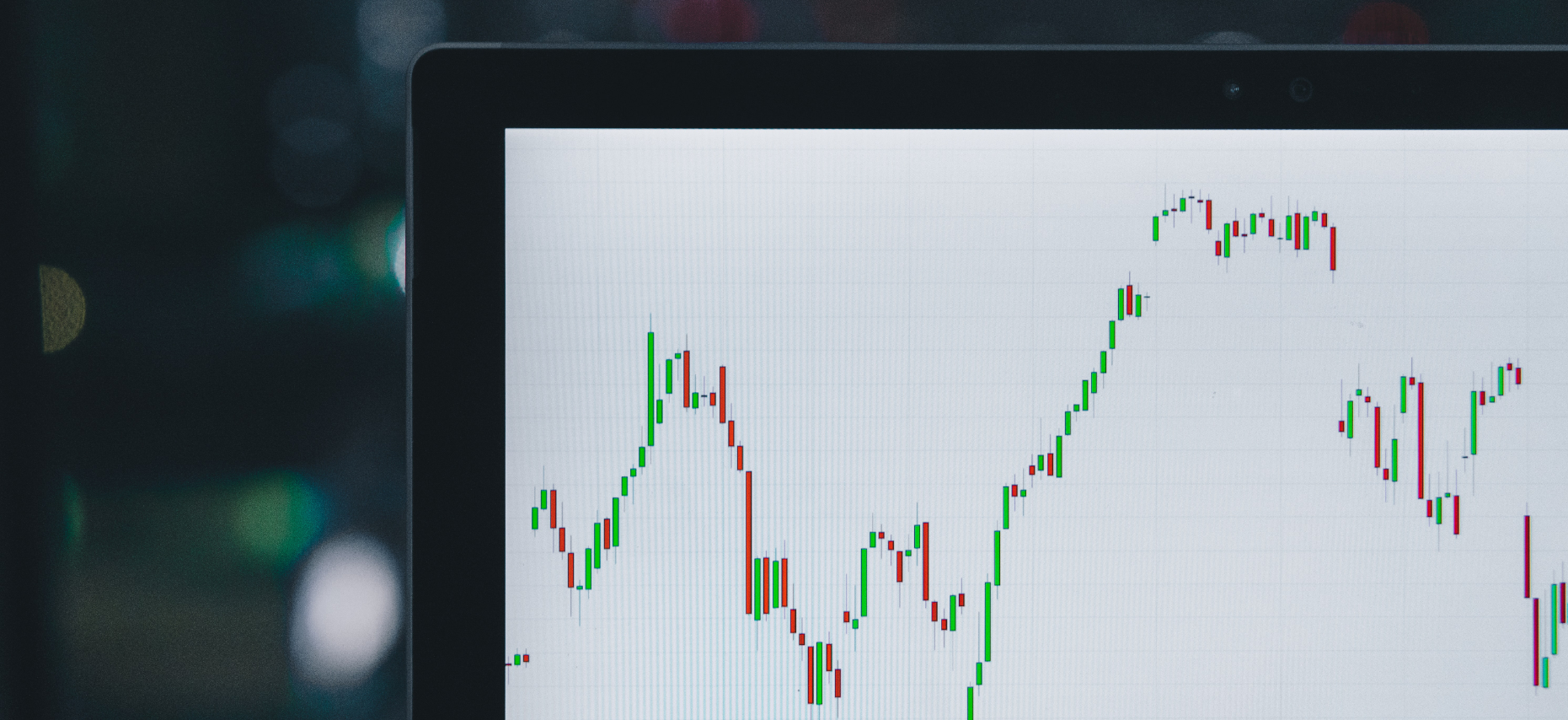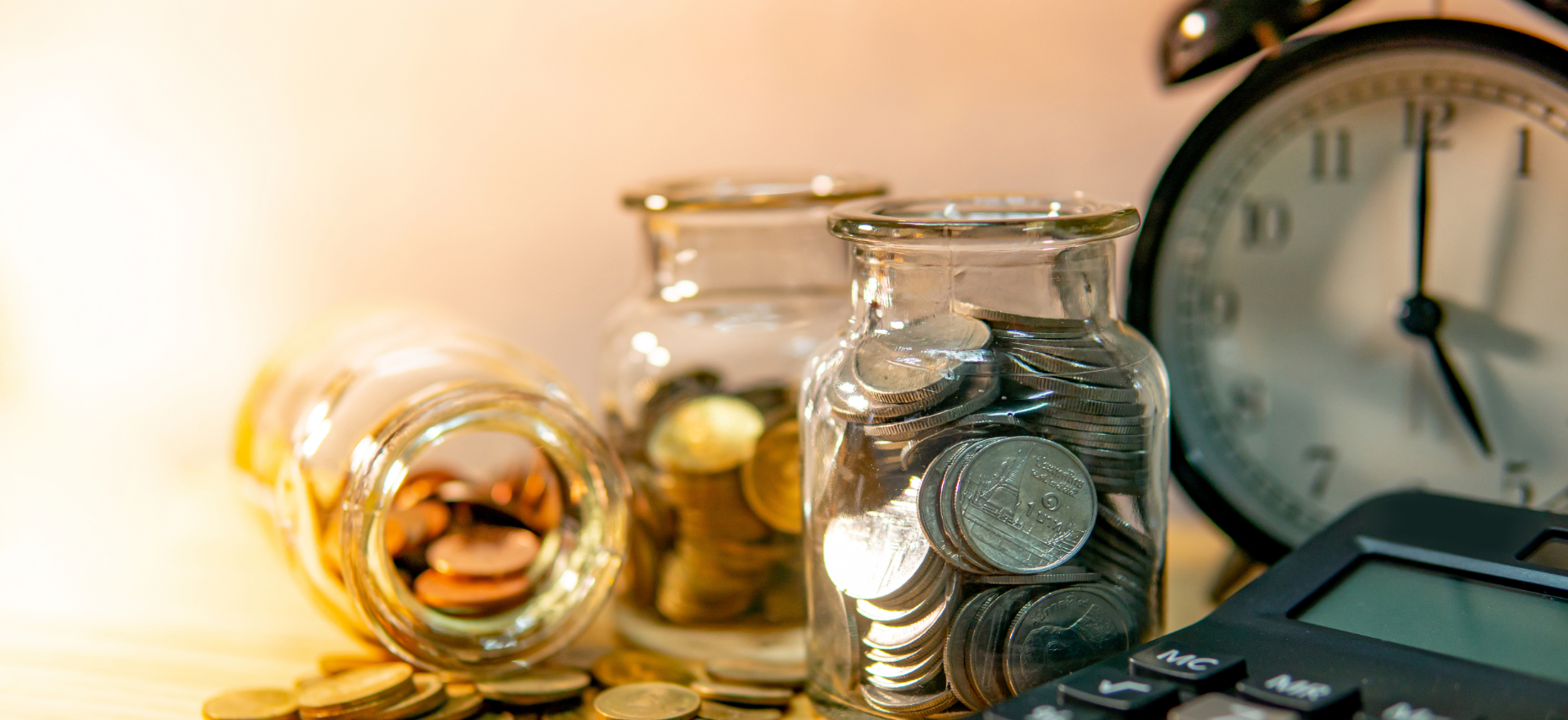Listen to Life Financial Group President Tim Russell and Pastor Drew Gysi discuss this topic here.
What causes a recession? As we discuss what causes an economic recession, we will strive to understand how God’s Word can encourage us in times of trouble. In the last recession more than 22 million people were laid off. People who keep their jobs during a recession may have their hours and or commission rates reduced (Yahoo Finance). Incomes were reduced, expenses increased, and people quickly ran into financial trouble.
Jesus confirms that in this world we WILL have trouble (John 16:33), but we can find peace in Him. But before we dive into Biblical application, let’s define some terms!
What is a Bear Market?
Typically, a Bear Market is understood as a 20% decline in a market from its prior high. Bear Markets are not the same as a recession
What is a Recession?
The National Bureau of Economic Research (NBER) declares when we’re in a recession. The nonprofit research group tracks the change in business cycles, including recessions. They determine when a recession starts by measuring a variety of indicators such as:
- Decline in real GDP
- Decline in real income
- Rise in unemployment
- Stagnation of industrial production and retail sales
- Decline in consumer spending
What Causes a Recession?
According, to Business Insider, expansion and growth in an economy cannot last forever. So what causes a recession? Typically, recessions are caused by significant decline in economic activity, usually triggered by a complex, interconnected combination of factors, including:
- Economic shocks. An unpredictable event that causes widespread economic disruption, such as a natural disaster or a terrorist attack. The latest example is the brief recession that occurred as a reaction to the COVID-19 outbreak.
- Loss of consumer confidence. When consumers worry about the state of the economy, they slow their spending and save whatever money they can. Because close to 70% of GDP depends on consumer spending, the entire economy can drastically slow.
- High interest rates. High interest rates make it expensive for consumers to borrow money. This means that consumers are less likely to spend, especially on major purchases like houses or cars. Companies will also reduce their spending and growth plans because the cost of financing is too high.
- Deflation. The opposite of inflation is deflation. This is when product and asset prices fall because of a large drop in demand. As demand falls, so do prices as sellers try to attract buyers. Consumers see this downward trend and wait for those prices to fall, further reducing demand. The downward spiral reduces economic activity and increases unemployment, which causes an ongoing downward spiral or slow economic activity and greater unemployment.
- Asset bubbles. In an asset bubble, the prices of investments like tech stocks in the dot-com era or real estate before the Great Recession rise rapidly, far beyond their fundamentals. These high prices are supported only by artificially inflated demand, which eventually dissipates, and the bubble bursts. At this point, people lose money and confidence collapses. Consumers and companies cut down on spending and the economy goes into recession.
Discussion of Past U.S. Recessions
- Covid Recession (Feb – April 2020) – Cause by government shutting down economy in an attempt to manage Covid. Ended because of massive stimulus.
- Great Recession (Dec 07- June 09) – Housing bubble fueled risky lending creating massive risk to the entire financial system.
- Dot-Com Crisis (March 01 – Nov 01) – Caused by asset bubble in E-gaming/Internet economy. Also, fueled by Y2K build-up not being as bad as many predicted and 911 attacks. Note- Markets suffered 2 years (turned around in mid 2003).
- Inflation Recessions (Jan – July 80 & July 81 – Nov 82) – Caused by runaway inflation and rising oil prices. Called the Double Dip Recessions.
- See “Review of Past Recessions” from Investopedia
- See “How many recessions you’ve actually lived through and what happened in every one” from CNBC
What Is the Average Length of a Recession?
The U.S. has experienced 34 recessions since 1857 according to the NBER, varying in length from two months (February to April 2020) to more than five years (October 1873 to March 1879). The average recession has lasted 17 months, while the six recessions since 1980 have lasted less than 10 months on average.
Recession vs. Depression
- In a recession, the economy contracts for two or more quarters. A depression will last for several years. In the last recession, unemployment rose to 10.0% in October 2009. In the short recession during the Covid-19 pandemic, unemployment rose to 14.7% in April 2020. During the Great Depression, which lasted from 1929 to 1939, the unemployment rate peaked at 25.59% in 1933 (The Balance).
- A recession can become a depression if it lasts long enough. However, there is no set period a recession must last or conditions that must be met for a depression to be recognized. Instead, it is a greatly exaggerated and lengthy contraction of one or more economies—you’ll also know that you’re in a depression because you’ll have been enduring a recession for a long time.
Stewardship Application
So what causes a recession? There are many factors that remind us of the trouble we see in this world. In the beginning of our time together, we read, “These things I have spoken to you, that in Me you may have peace. In the world you will have tribulation…” But there is a second part of this verse:, “but be of good cheer, I have overcome the world.” (John 16:33)
Be of good cheer! Through our difficult and challenging times, we see here that our Lord and Savior, Jesus Christ, knows and understands what we are going through. He boldly proclaims that HE (not anyone else) has overcome the world! This overcoming would include all of the challenges, hardships, financial struggles, and work related problems that we have, or ever will face!
We want you to continue to be strengthened in your faith, specifically trusting in God’s living Word which contains many promises toward us as we journey through this life. Here are a few verses by way of reminder in these financially challenging days:
- “And my God shall supply all your need according to His riches in glory by Christ Jesus.” Philippians 4:19
- “Therefore do not worry, saying, ‘What shall we eat?’ or ‘What shall we drink?’ or ‘What shall we wear?’ For after all these things the Gentiles seek. For your heavenly Father knows that you need all these things.” Matthew 6:31-32
Trust God, that He WILL provide for your needs, just like the birds of the air. Trust Him as you work toward making your money last to the end of the month (and beyond) to meet your needs.
Material presented is property of The Stewardology Podcast, Life Financial Group, and Life Institute. You may not copy, reproduce, modify, create derivative works, or exploit any content without the expressed written permission of The Stewardology Podcast. For more information, contact us at Contact@StewardologyPodcast.com or (800) 688-5800.
The topics discussed in this podcast are for general information only and are not intended to provide specific investment advice or recommendations. Investing and investment strategies involve risk including the potential loss of principal. Past performance is not a guarantee of future results.
Securities and advisory services offered through GWM, Inc Member FINRA/SIPC










